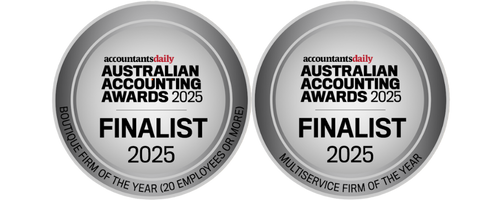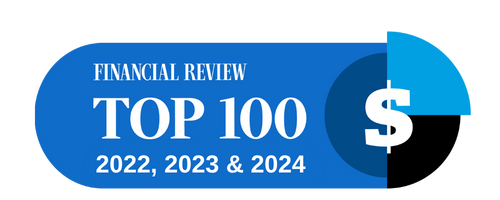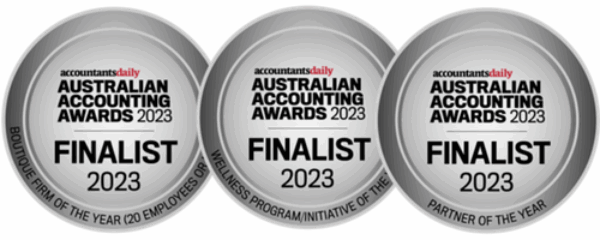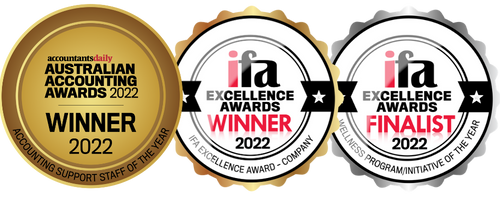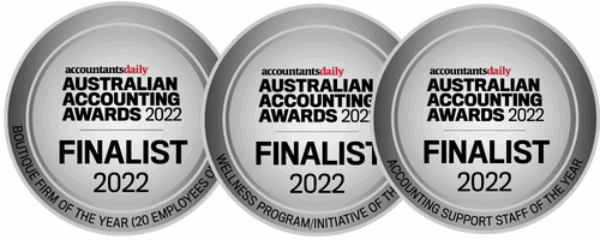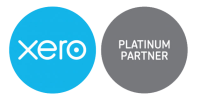If you’re a doctor running a private practice, you know that your income isn’t always as predictable as a traditional salary. While your profession is viewed as financially secure, the way your income is structured can influence your mortgage options. Luckily, there are mortgages for doctors specifically designed to address the unique financial setup of doctors with private practice income.
Understanding Private Practice income and Its effect on mortgages for doctors
Your income as a private practice doctor may fluctuate from month to month due to:
- Patient volume and seasonal variations in demand
- Delays in billing from insurance providers or Medicare
- Regular expenses, such as staff wages, rent, and insurance premiums
This variability can sometimes make it harder to qualify for a traditional mortgage with standard lending criteria. However, lenders specialising in mortgages for doctors recognise these income patterns and offer loans that accommodate the particular needs of doctors.
How lenders assess your Private Practice income
When assessing your application, lenders want to see the stability and consistency of your income. For doctors in private practice, this generally means they’ll take a close look at:
- Your practice’s revenue and expenses
- Personal tax returns over the last two to three years
- Profit and loss statements
- Current liabilities, including any practice loans or equipment finance
While traditional lenders might hesitate with an income that isn’t always consistent, those offering mortgages for doctors take a more flexible approach, often considering your overall financial health and your potential to grow your practice in the future.
The importance of clear financial records
One essential part of applying for a mortgage as a doctor is submitting well-organised and accurate financial records. Lenders need a clear view of your earnings, so working with an accountant who understands medical practices can make a big difference.
Key documents you’ll likely need include:
- Profit and loss statements for the practice
- Personal tax returns
- Notices of assessment from the ATO
- Recent bank statements showing income and outgoings
Accurate documentation can allow lenders to make an informed decision, increasing your chances of securing a mortgage for doctors with favourable terms.
Managing expenses related to your practice
Running a private practice comes with additional expenses not typically encountered by salaried doctors. Costs such as paying for staff, maintaining equipment, and covering insurance premiums all affect your disposable income, which is factored into your borrowing capacity.
Fortunately, lenders specialising in mortgages for doctors understand these expenses and consider them as part of running a medical practice. This may lead to more flexibility when assessing your income and outgoings, which can be especially helpful if you face seasonal fluctuations.
Why specialist mortgages for doctors are worth considering
Specialist mortgages for doctors offer several advantages tailored to your profession:
- Higher loan-to-value ratios (LVRs): Many lenders offer doctors LVRs of up to 90% or even 95% without requiring Lenders Mortgage Insurance (LMI), which is typically required for loans with a deposit under 20%.
- Favourable interest rates: As a doctor, you’re often considered a low-risk borrower due to your earning potential and job security, which may qualify you for competitive interest rates.
- Flexible terms for income assessment: Specialist lenders offering mortgages for doctors tend to have more flexible criteria for income verification and repayment, making it easier for self-employed doctors to qualify for a home loan.
These features make mortgages for doctors attractive, especially if you experience variable income or have significant practice-related expenses.
How to strengthen your mortgage application
Taking a few steps to prepare your finances can make the mortgage application process smoother:
- Stay organised with your financial records: Ensure that your tax returns, profit and loss statements, and other documents are up-to-date.
- Work with an accountant familiar with medical practices: An accountant who specialises in working with medical professionals can help present a clear financial profile to lenders.
- Pay down high-interest business debts: Reducing debts like business loans can improve your debt-to-income ratio and enhance your borrowing capacity.
- Save for a larger deposit: While specialist mortgages for doctors often allow higher LVRs, having a larger deposit can improve your application and give you more flexibility.
- Consult with a mortgage broker: An experienced broker who specialises in mortgages for doctors can help match you with the right lender and loan structure for your specific needs.
Applying for a mortgage as a doctor with a private practice income may seem complex, but with proper preparation, you can increase your chances of success. Specialist mortgages for doctors offer flexibility and benefits that consider the unique financial landscape of medical professionals. By staying organised, working with experienced professionals, and choosing the right lender, you’ll be well on your way to securing a mortgage that suits your needs.
Our team specialises in mortgages for doctors. If you’re ready to explore your options, get in touch.





